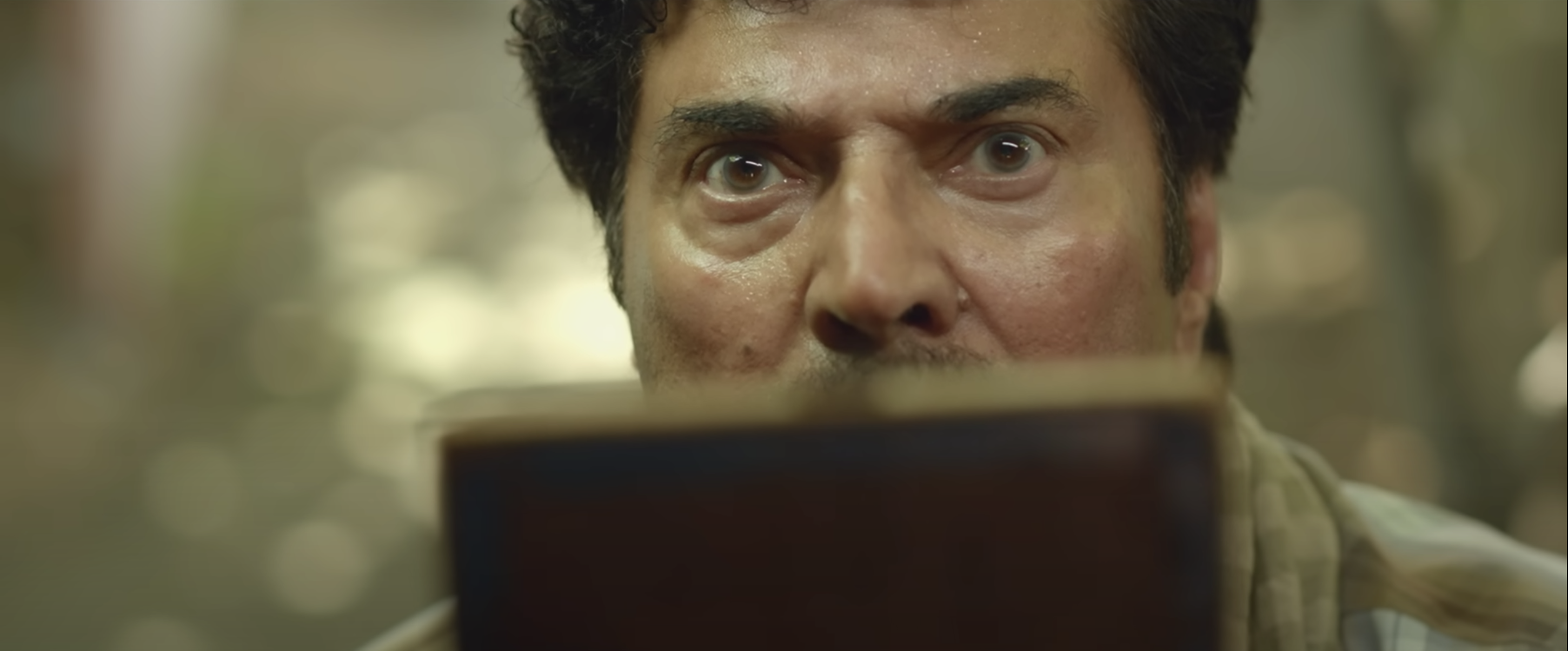[Film Journal] - Nanpakal Nerathu Mayakkam
Films that I admire - 5
“His sister no longer took thought to bring him what might especially please him. They were clearing his room out; taking away everything he loved; the chest in which he kept his fret saw and other tools was already dragged off; they were now loosening the writing desk at which he had done all his homework when he was at the commercial academy, at the grammar school before that.”
-Franz Kafka(The Metamorphosis -1915 )
There are moments of cinema, which I was truly grateful for viewing, Lijo’s Nanpakal Nerathu Mayakkam contains lots of them. Lijo’s films always cherish human nature and the tendency behind it, instead of going behind complex science fiction and philosophical stories even though it contains fundamental concepts like human existence and evolution. It amazes me how he literally hides those things in a simple plain story and almost it looks like it is not even there. The quality of the work here is no lesser than any of the new-wave film directors in the West. He has absolute control over his craft on what we should see on the screen, and what wavelets should enter into audience eardrums. The film’s unconventional presentation techniques such as using old Tamil songs, and soundtracks instead of background score is well known and its theatrical aesthetics in staging is simply brilliant. These are very obvious that, it doesn’t need to be mentioned here again.

Similar to his previous films, Nanpakal Nerathu Mayakkam is also very atmospheric and original. What excites me is his staging of stories in the most appropriate locations. Most of the time it feels like his stories are made for the mood, culture, people and nature of the place, and not in the opposite way which is very conventional among most film-makers. I like how he celebrates the region, language and culture of the different stories he is telling, like many foreign regional filmmakers such as Asghar Farhadi, Abbas kiarostami etc. I consider it an important aspect for a film to make itself a “world cinema” and increase its artistic value. We see the same trait in the initial montages of the Nanpakal Nerathu Mayakkam where elder people’s close-up shots were shown, Or elder people’s faces might foreshadow themes of the film such as death and people who are not going to exist further, in either way it excites me.
Most people on the internet focus on digging into the mystery part of the film, whether Sundaram’s soul left the body of James or not, and some even try to analyse which moment Sundaram’s consciousness entered the protagonist. But my impression is, the film is not about any of these, instead demands attention on its central themes such as death, existence, body and consciousness. It creates questions such as “Will villagers and family accept Sundaram’s consciousness alone in a different body?”, or “Does existence defined by both body and consciousness?”. The dog in the end follows the van, even after Sundaram’s consciousness left the protagonist’s body, which means the dog has its version of interpretations of existence and considers that it is still Sundaram. Or the blind mother, even though his voice is different, and she touched his hair and is aware of her son’s physical traits, yet she perceives James as Sundaram, so what is her definition of Sundaram? While watching the film, these are some of the questions raised in me.
Another important perspective is the mayhem and pain of rejection within Sundaram. The scene where he asks his daughter, “Did you eat without me dear?”, is the most painful scene for me in the entire film, and shows the brutal reality of life. The family and village people will forget Sundaram, and his daughter will eat without him from now on, and nature will continue to exist. Here the worst part is, he and us, who are going to be “non-existed” thing, needs to accept it. In the third act of film where this enlightenment is staged, the film used “Veedu varai uravu” song to depict the helplessness of the “to be non-existed” man and the illusion of human relationships in life. In that song, there is a line at the end of it, which is not placed in the movie,
“Sendravanai ketaal… Vandhuvidu enban…
Vandhavanai ketaal… Sendruvidu enban”
The first sentence is well known, and it is common that we desperately want a person’s existence after they are gone. But what interests me is the second line, that questions the aftermath of it, also it is not a very common argument around us. That is “When a dead man comes back, will they be accepted here?”. Here I don’t point out the messy ghost perspectives, instead align with the movie’s statement. Once people experience our absence of existence, should they need us again and does it matter anymore? The film’s central conflict revolves around this question, and here the argument for acceptance is on the side of society, family and in relationships. Here old songs are purposefully used brilliantly, unlike other films we saw often which are used only for style. Song such as “Mayakkama Kalakkama” shows the birth of chaos in Sundaram’s mind, and “Rattha Kanneer” film in background television in Sundaram’s house depicts the alienation and rejection of Sundaram among the world around them, which is aligned with M.R.Ratha’s character in that film. Overall Nanpakal Nerathu Mayakkam became a perfect case study on blending style and substance in a craft for the rising intellectual film-going generation.